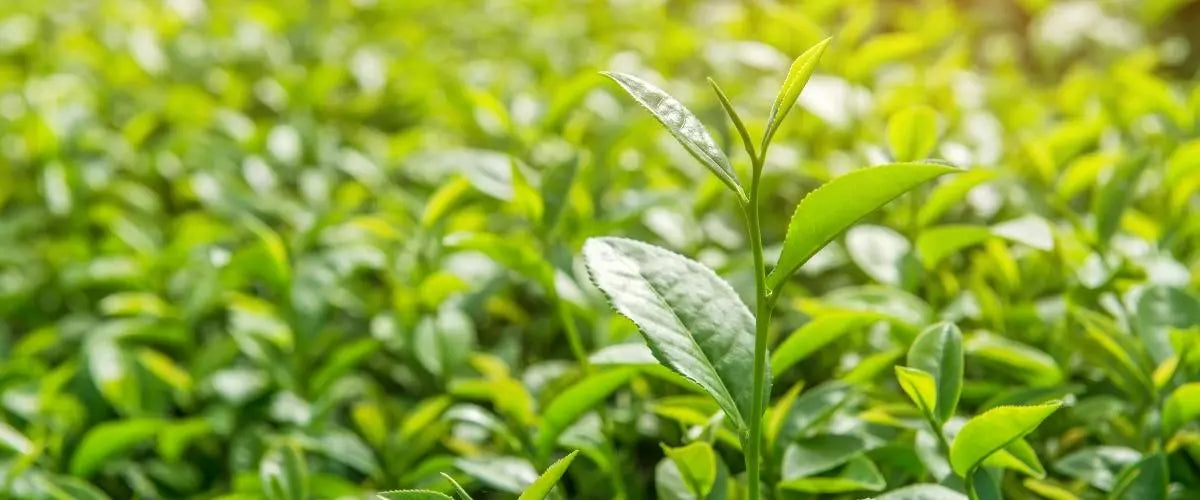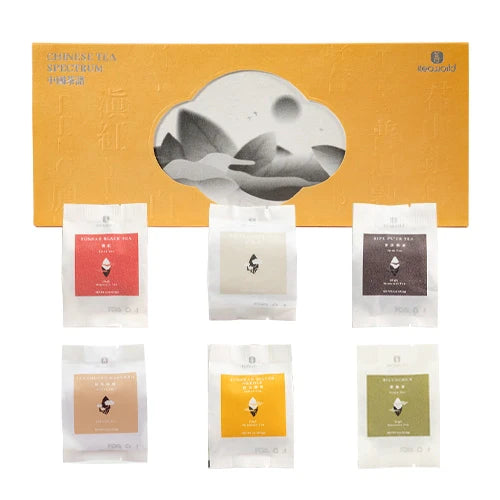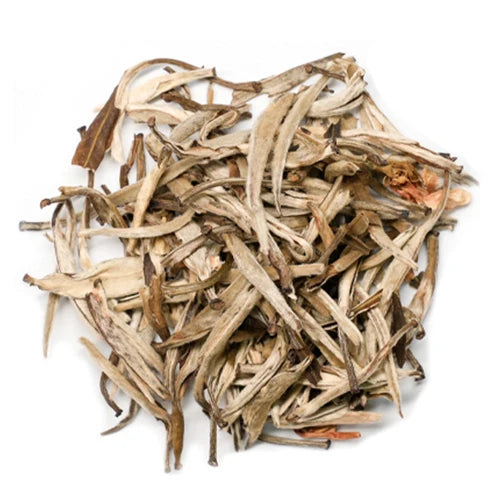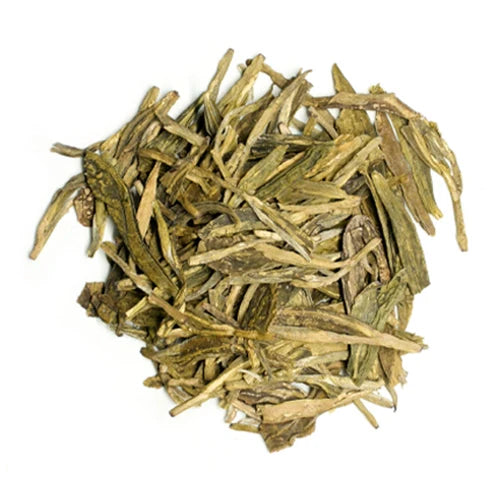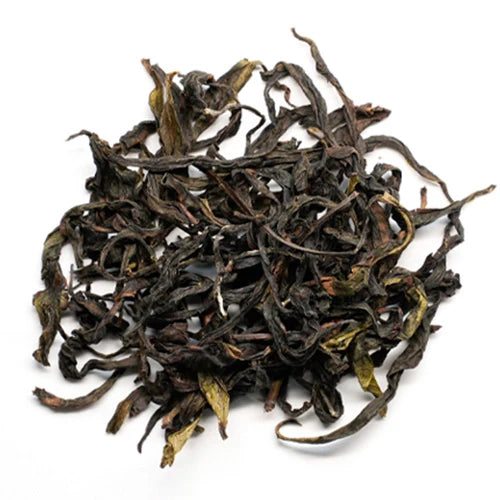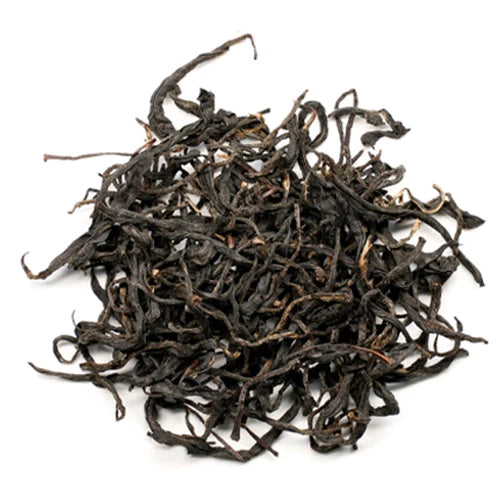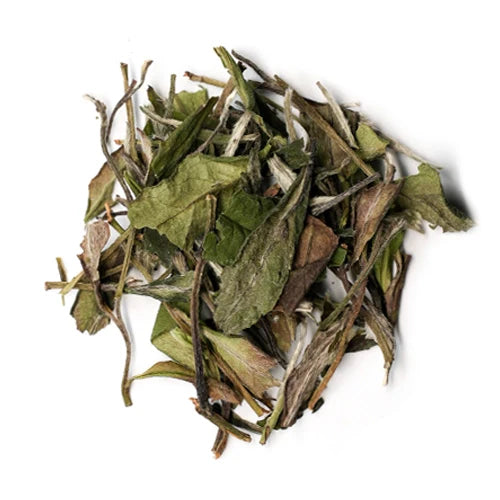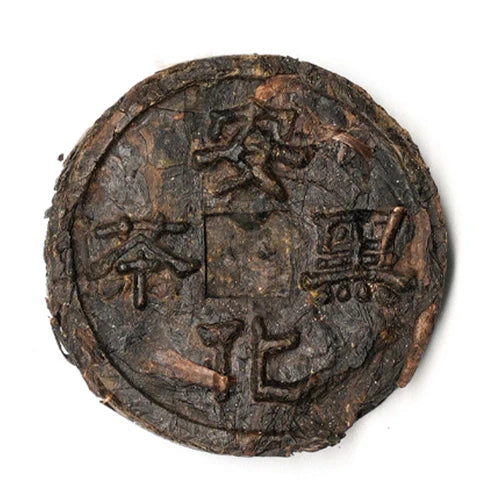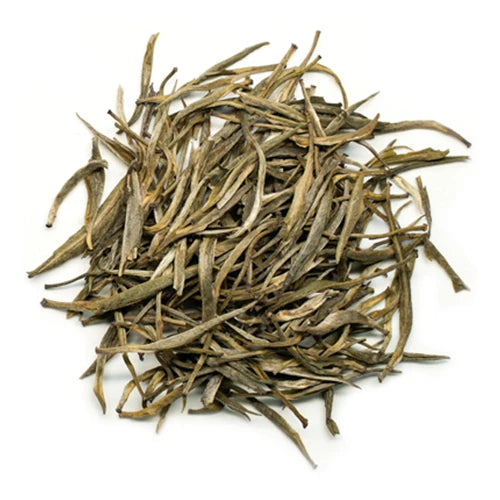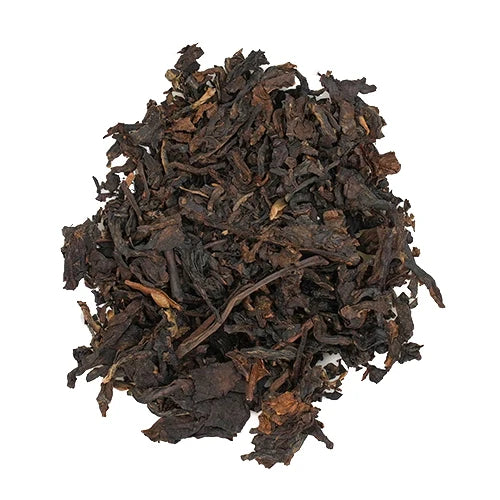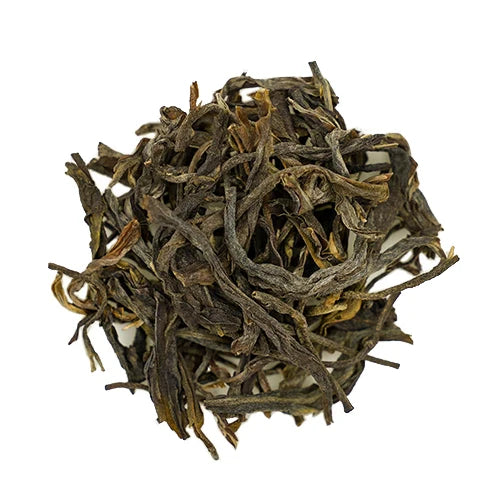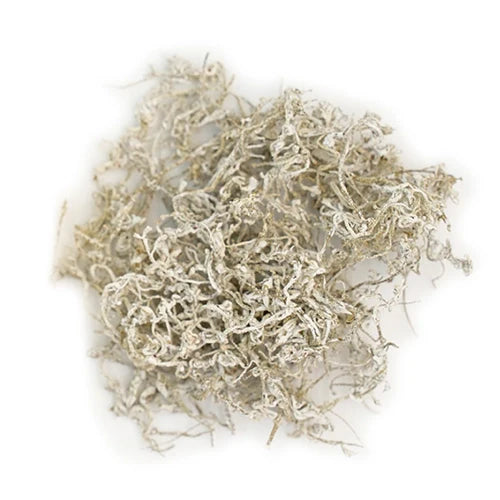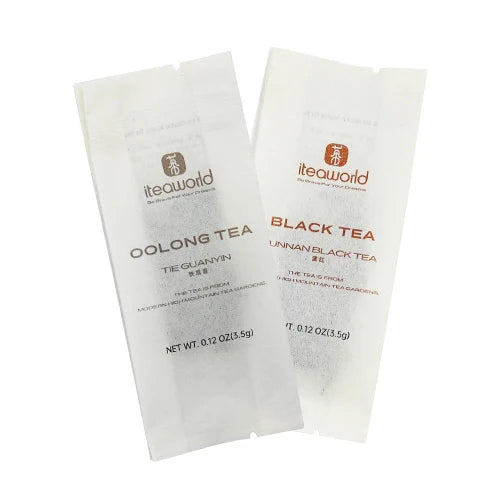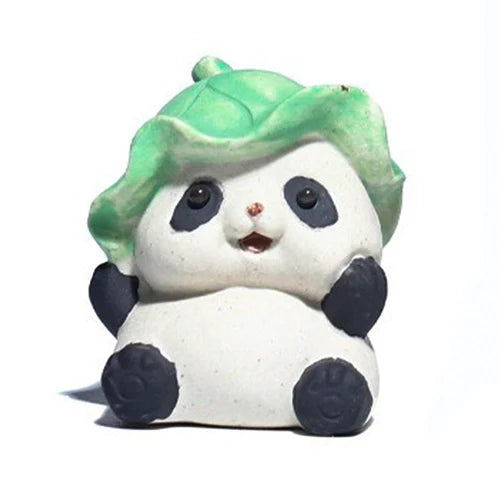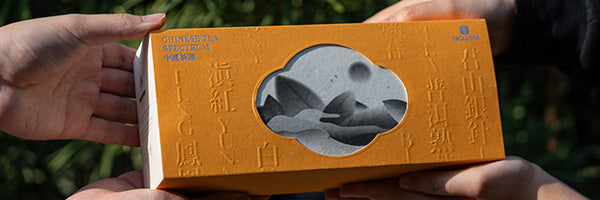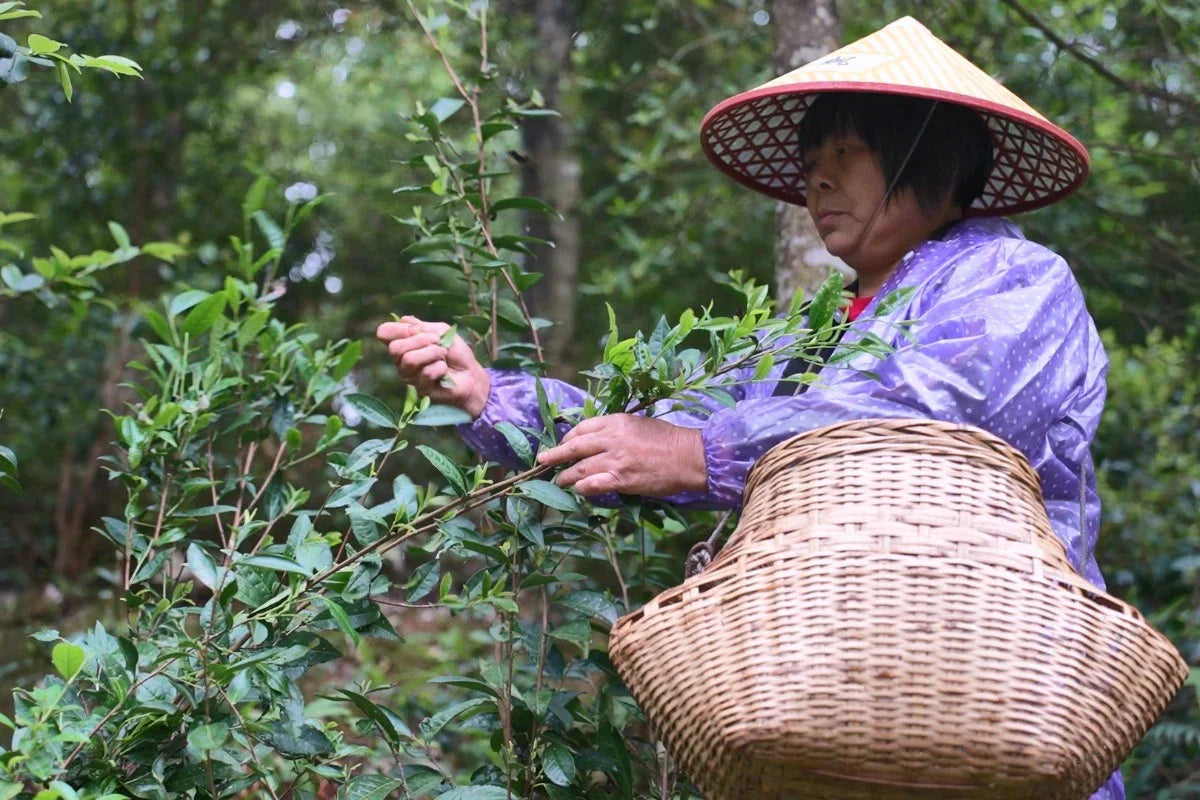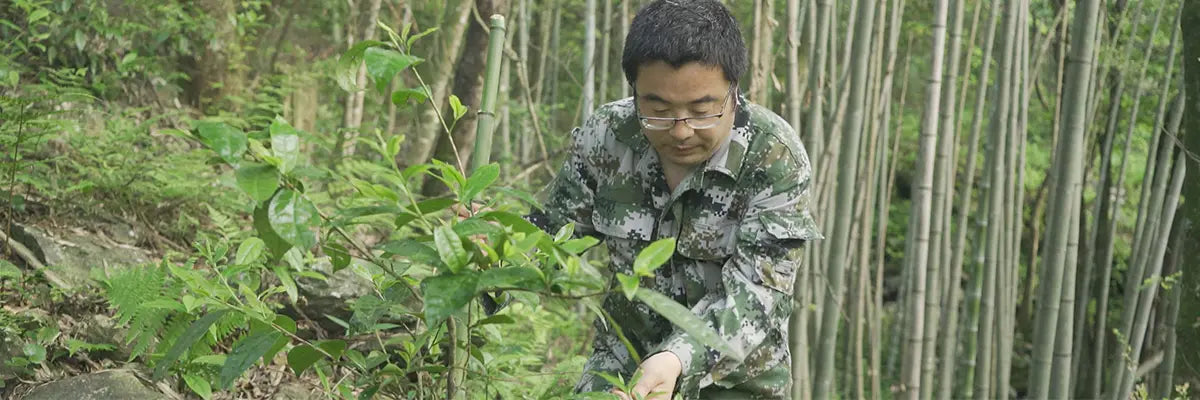Тётя Ли живёт в той же деревне, что и бабушка Ли — они соседки, всего в нескольких шагах друг от друга. Хотя тётя Ли немного моложе, ей уже за пятьдесят. Она собирает и заваривает чай с детства, переняв это ремесло непосредственно у отца. Из своих четырёх братьев и сестёр она единственная, кто решил остаться и продолжить семейную чайную традицию.

Тётя Ли выделяется своей необычайно живой и разговорчивой личностью для чайного фермера. Она провела нас по извилистым горным тропам к своим чайным плантациям в глубине холмов. Дорога была долгой, а местность – крутой. Многие уже отказались от сбора урожая на этих удалённых участках. Но не тётя Ли. Когда мы спросили её, почему она осталась, она улыбнулась и сказала: « Я решил остаться, потому что люблю горы и люблю заваривать чай. Жизнь здесь проста, но она наполняет меня покоем и смыслом. Если бы я в моём возрасте переехал в город, всё, что я мог бы делать, – это заниматься тяжёлым трудом. Но здесь, заваривая чай у себя дома, я чувствую себя свободным » .

Вид перед домом тети Ли
Когда мы приезжаем к чайным фермерам, они редко знакомят нас с другими – обычно они сосредоточены на собственном урожае. Тётя Ли была другой. Она надеялась, что мы сможем поработать с большим количеством жителей деревни, и лично провела нас к нескольким соседним чайным фермерам. По их тёплому приёму мы поняли, как трудно местным фермерам продавать свой чай. Конечно, их гостеприимство было искренним и непринуждённым.

Тетя Ли везёт нас в гости к близлежащим чайным фермерам
Когда мы шли по обочине дороги, тётя Ли вдруг заметила куст дикого чая, цепляющийся за крутой склон. Не раздумывая, она осторожно, но смело поднялась наверх, рискуя поскользнуться, чтобы сорвать несколько нежных листочков.

В деревне тёти Ли чайные деревья никогда не обрезают и не обрабатывают, оставляя их расти естественным образом в чаще леса. Жители деревни теперь в основном пожилые, а чайные плантации находятся далеко от дома. Дорога туда и обратно утомительна, и мало у кого теперь есть силы ухаживать за землёй.

Чайные сады тетушки Ли – Глубоко в горах, дикие и свободные

Здесь повседневным напитком является тёмный чай, в частности, чай любао, родом из уезда Цанъу. Местные жители заваривают его в чайнике и пьют в течение дня, чтобы освежиться и снять усталость. Когда приходят гости, им всегда предлагают чашку. Чай любао известен своей мягкостью и, в особенности, способностью рассеивать внутреннюю сырость – распространённое заболевание в жарком и влажном климате региона. В конце XIX – начале XX веков чай любао стал спасением для китайских рабочих в Юго-Восточной Азии. Он был дешёвым, удобным в хранении и бесценным в тяжёлых условиях труда, особенно для шахтёров и других рабочих.
Даже сегодня чай любао остаётся популярным в Юго-Восточной Азии. Местные жители утверждают, что его согревающие и детокс-свойства делают его особенно подходящим для местного климата. И, конечно же, он обладает множеством других полезных свойств для тех, кто хочет узнать о нём больше.
Вот как мы с тетушкой Ли поднимаемся в горы собирать чай.





